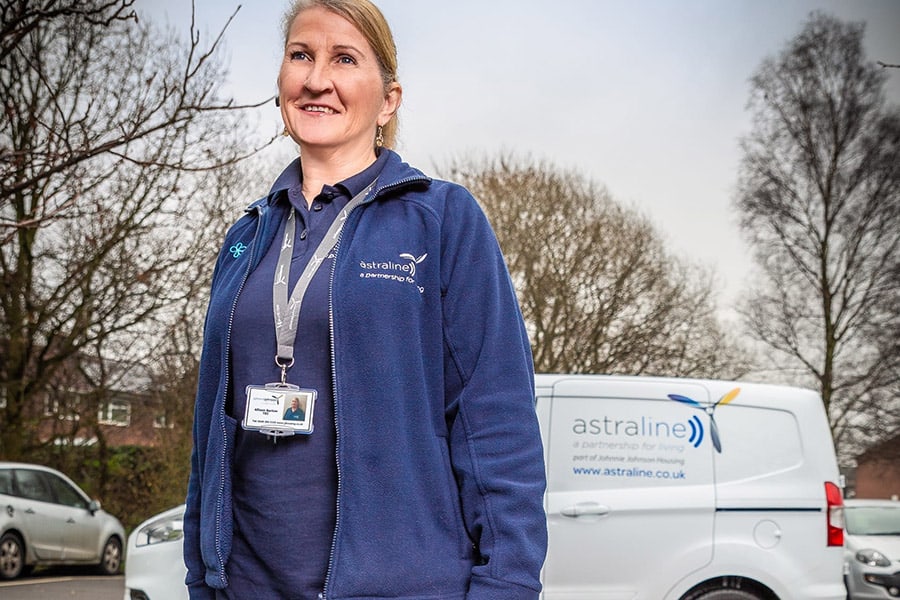“Trailblazing” lab will enable organisations and researchers to test smart ageing tech

Technology-enabled care (TEC) specialist Astraline and not-for-profit housing association Johnnie Johnson Housing are working with the Centre for Assistive Technology and Connected Healthcare (CATCH) at the University of Sheffield to deliver a pioneering research project that enables organisations and researchers to test assistive technologies and ideas in an ethically governed lab.
Awarded and funded by the Dunhill Medical Trust, the Technology-Enabled Living Lab for Ageing Better (TELLAB) aims to help develop smart technologies for supporting older people to live independently and well.
The funding supports academic researchers, working with community organisations and older people themselves, to undertake an innovative programme of study.
TELLAB is led by Professor Mark Hawley and Dr Stephen Potter, both from CATCH, with Astraline and Johnnie Johnson Housing as partners.
The research aims to understand the healthy ageing needs and aspirations of older people from diverse backgrounds and translate these into criteria for evaluating innovative assistive technologies.
Joe McLoughlin, Managing Director of Astraline, said: “Technology products, and services, are still largely built and developed by a small segment of society. It is important to create technology that serves a diverse population.
“The research plans to create social impact through working alongside seldom heard communities. It is through listening and dialogue we ensure we are in step with people’s needs, and that the technology can serve its purpose.”
Astraline will set up a Living Lab within Johnnie Johnson Housing backed by a live-in researcher to support the development and testing of digital assistive technologies. Interviews, design workshops, journey mapping exercises, and co-creation processes with participants will guide the work.
Kathryn Fox-Rogers, Johnnie Johnson Housing Chief Operating Officer, commented: “The facility is a bridge between the laboratory-based research environment and the homes of people in the community – creating a user-centric environment to evaluate emerging technology. A core of residents supported by a residents panel will experiment with emerging technology in their own homes.”
The outcome will be a fresh approach to the assessment criteria and procedures for evaluating innovative technology. Astraline is updating its design process with insight gained from “seldom-heard” communities and a modern ethical approach to ensure no one is left behind.
Professor Mark Hawley, CATCH Director, concluded: “Our vision is to transform the ways in which people are enabled to live well and age well through the application of ubiquitous and personalised technology. We are excited to create a sustainable approach to technology choice and evaluation through the TELLAB project.”

